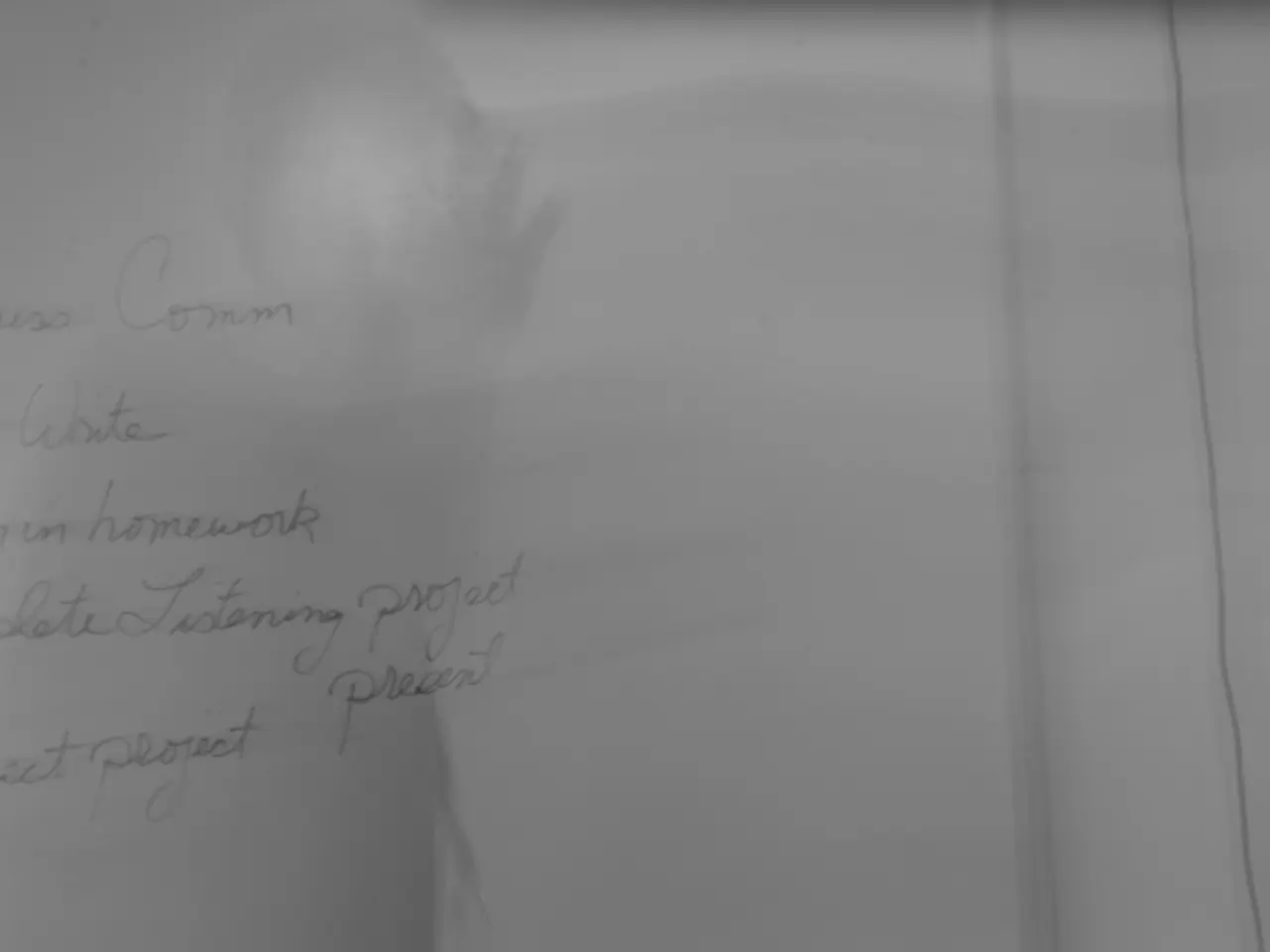Increased taxes of £40 billion needed according to Rachel Reeves; questioning who will shoulder the additional tax burden
The National Institute of Economic and Social Research (NIESR) has warned that U.K. Chancellor Rachel Reeves faces an 'impossible trilemma', as she will be unable to meet her fiscal rules, fulfil her spending commitments, and avoid tax rises[1]. This predicament arises due to Labour's manifesto promises, which include not increasing income tax, employees' National Insurance (NI), or Value Added Tax (VAT) on working people.
To bridge a £40 billion budget shortfall, potential tax options are being considered. One such proposal is the introduction of a flat wealth tax targeting individuals with assets above £10 million, which could raise £12 billion[2]. This would primarily affect the wealthy. Another option includes increasing dividend tax rates to match income tax rates, though this would impact investors and potentially higher-income individuals[4].
However, any tax increases would need to navigate the constraints of Labour's manifesto commitments and fiscal rules[1][2]. Higher tax charges on pensions could push more doctors and consultants into early retirement. Reversing the previous government's two percentage point National Insurance (NI) cut could raise approximately £10.3 billion per year, but this would breach Labour's manifesto pledge not to raise taxes on working people.
NIESR suggests lowering the rate of tax relief on pension contributions could raise £15 billion. However, this could lead to pensioners facing double taxation on their pensions. Changes to the winter fuel payment have led Reeves to want to avoid angering pensioners further.
Reeves may consider reforming the outdated and punitive council tax system, but wholesale reform could be logistically difficult and controversial. NIESR warns that increasing National Insurance could have strong distortionary effects via discouraging job creation and potentially increasing unemployment. Raising VAT could be less desirable due to its regressive nature, making rises in income tax rates the 'best answer'.
Economists have warned that Reeves will need to raise taxes substantially to plug the gap. However, Reeves may be forced to renege on her promise to keep income tax, national insurance, and VAT at their current level due to worsening growth prospects and increased spending.
Reeves may avoid further conflict with doctors, nurses, and others with large NHS pensions or risk further strikes. She may postpone further inheritance tax changes in the next Budget due to backlash. Keeping basic, higher, and additional rates of income tax the same means Reeves misses out on around 25% of the Government's source of tax revenue.
As households face higher council tax bills due to some councils being allowed to increase rates by up to 9%, the future of the U.K.'s tax system remains uncertain. Reeves' decisions will have significant implications for high-net-worth individuals, investors, businesses, and pensioners alike.
[1] The Guardian. (2023, March 1). Labour's fiscal rules pose huge challenge for Rachel Reeves. [online] Available at: https://www.theguardian.com/politics/2023/mar/01/labours-fiscal-rules-pose-huge-challenge-for-rachel-reeves
[2] The Telegraph. (2023, Feb 28). Wealth tax could raise £12bn a year, says thinktank. [online] Available at: https://www.telegraph.co.uk/news/2023/02/28/wealth-tax-could-raise-12bn-year-says-thinktank/
[3] The Times. (2023, Mar 3). Abolishing non-dom tax regime could drive wealthy out of UK. [online] Available at: https://www.thetimes.co.uk/article/abolishing-non-dom-tax-regime-could-drive-wealthy-out-of-uk-pj5xzrk57
[4] The Financial Times. (2023, Mar 2). Labour's tax plans face tough choices. [online] Available at: https://www.ft.com/content/7574c24d-44c3-44b9-a9a5-b07d6a88f9e5
- The UK Chancellor, Rachel Reeves, faces an impossible trilemma due to fiscal rules, spending commitments, and avoiding tax rises, a predicament arising from Labour's manifesto promises that include no increases in income tax, National Insurance, or Value Added Tax on working people.
- To bridge a £40 billion budget shortfall, potential tax options are being considered, such as the introduction of a flat wealth tax for individuals with assets above £10 million, affecting the wealthy, and increasing dividend tax rates, which could impact investors and potentially higher-income individuals.
- Reeves may be forced to renege on her promise to keep income tax, National Insurance, and VAT at their current level due to worsening growth prospects and increased spending, but this could lead to conflicts with various groups, such as doctors, nurses, and high-net-worth individuals, investors, businesses, and pensioners.
- NIESR has warned that any tax increases could have strong distortionary effects, such as discouraging job creation and potentially increasing unemployment, while changes to the winter fuel payment and the prospect of double taxation on pensions could negatively impact pensioners.




